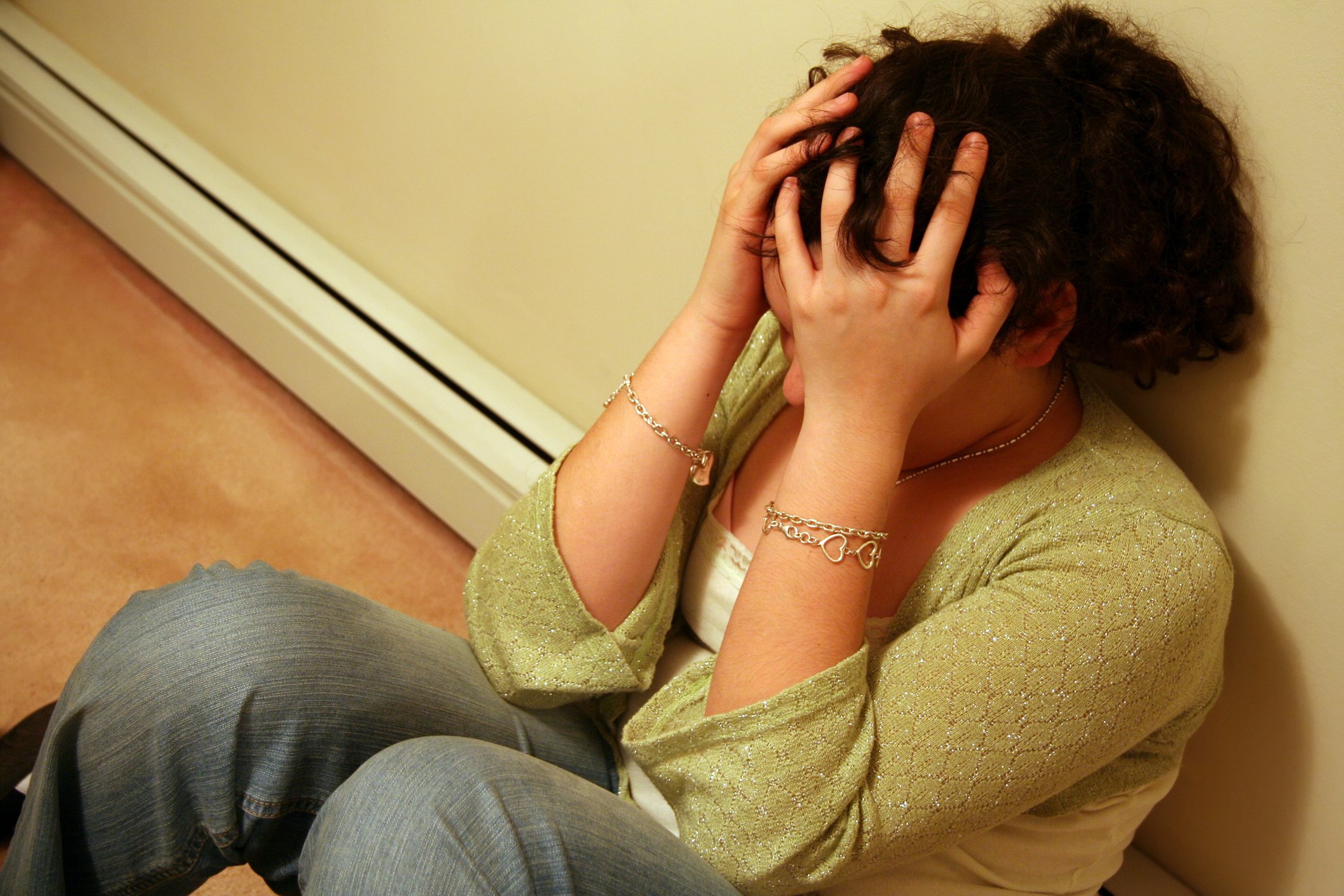Noticing the Signs: What to Do If You Think a Friend Is Depressed
It can be hard to know what to do when someone you care about doesn’t seem like themselves anymore. Maybe your friend is quieter than usual, pulling away from things they used to love, or just always seems... off. You might worry they’re dealing with more than just a bad day — maybe they’re struggling with depression. That thought can be scary, especially when you’re not sure how to help or what to say. But here’s the truth: you don’t need to be a therapist to make a difference. Sometimes, just showing up, listening, and knowing what to look for can be a powerful first step.
In this post, we’ll walk through how to recognise the signs of depression in a friend, how to approach them with care, and what you can do to support them without losing yourself in the process.
Spotting The Signs
Everyone has rough days, but when those tough days turn into weeks or months, it could be something deeper. Keep an eye out for changes in your friend’s behaviour — especially if they’re happening all at once or sticking around for a while.
Possible signs of depression in a friend:
Withdrawing from friends or activities they used to enjoy
Seeming tired all the time or having low energy
Changes in sleep or eating habits
Saying things like “I’m just done” or “Nothing matters”
Difficulty concentrating, keeping up with schoolwork, or staying motivated
Seeming irritable, hopeless, or unusually down
You don’t need to diagnose them — just noticing and caring is a powerful step.
Start A Conversation Gently
You might worry that bringing it up will make things awkward or worse. But often, people who are struggling want someone to notice — they just don’t know how to ask for help. Approach the conversation with care, not pressure.
Try saying something like:
“Hey, I’ve noticed you haven’t seemed like yourself lately. Want to talk?”
“I’m here if you need someone to listen. No judgment.”
“You don’t have to go through this alone. I care about you.”
Avoid trying to “fix” things or tell them to “just cheer up.” Instead, be a safe space. Let them know it’s okay to not be okay — and that you’re not going anywhere.
Encourage, Don’t Push
If your friend opens up, that’s a big deal. Thank them for trusting you, and gently encourage them to talk to a trusted adult, counselor, or mental health professional. You can even offer to help them find support or go with them if they’re nervous.
Supportive things to say:
“You deserve to feel better. Maybe we can talk to someone together?”
“Talking to a counsellor doesn’t mean you’re broken — it just means you want to heal.”
“I care about you, and I’ll be here no matter what.”
If they’re not ready to get help yet, don’t force it. Keep being kind, consistent, and supportive — your presence matters more than you think.
Know Your Limits
Being there for someone is important, but it doesn’t mean you have to carry everything alone. If your friend talks about self-harm, suicidal thoughts, or anything that feels serious or dangerous, tell a trusted adult immediately — even if they ask you not to. Your job is to care, not to fix or keep dangerous secrets.
People you can turn to include:
A school counselor or mental health worker
A parent or trusted teacher
A crisis hotline or mental health support service
You’re not betraying your friend — you’re protecting them. Sometimes, love means getting more help than you can give alone.
Keep Showing Up
You don’t need to have all the answers. Just being a consistent friend — someone who checks in, makes time, and listens — can be a lifeline. Send a funny meme, invite them for a walk, or just sit with them in silence. Depression can be isolating, so simple moments of connection matter more than you might realise.
Ideas for small, supportive gestures:
“Just wanted to say I’m thinking about you today.”
“No pressure, but I’d love to hang out if you’re up for it.”
“You don’t have to say anything — I’m just here.”
Final Thought
If you think a friend might be depressed, don’t ignore your gut. Trust your instincts, reach out with care, and remember that being there — truly being there — can make a difference.
You don’t need to fix everything. You just need to be real, kind, and willing to show up. And don’t forget: while you’re supporting your friend, your own mental health matters too.
Helping someone doesn’t mean losing yourself. Keep the conversation open, get the right adults involved when needed, and remind your friend — and yourself — that no one has to go through this alone.
Even though 1 in 4 people have mental health problems, most of us don’t get the help we need. This has to change. We’re Mind. We’re here to fight for mental health. For support, for respect, for you.










